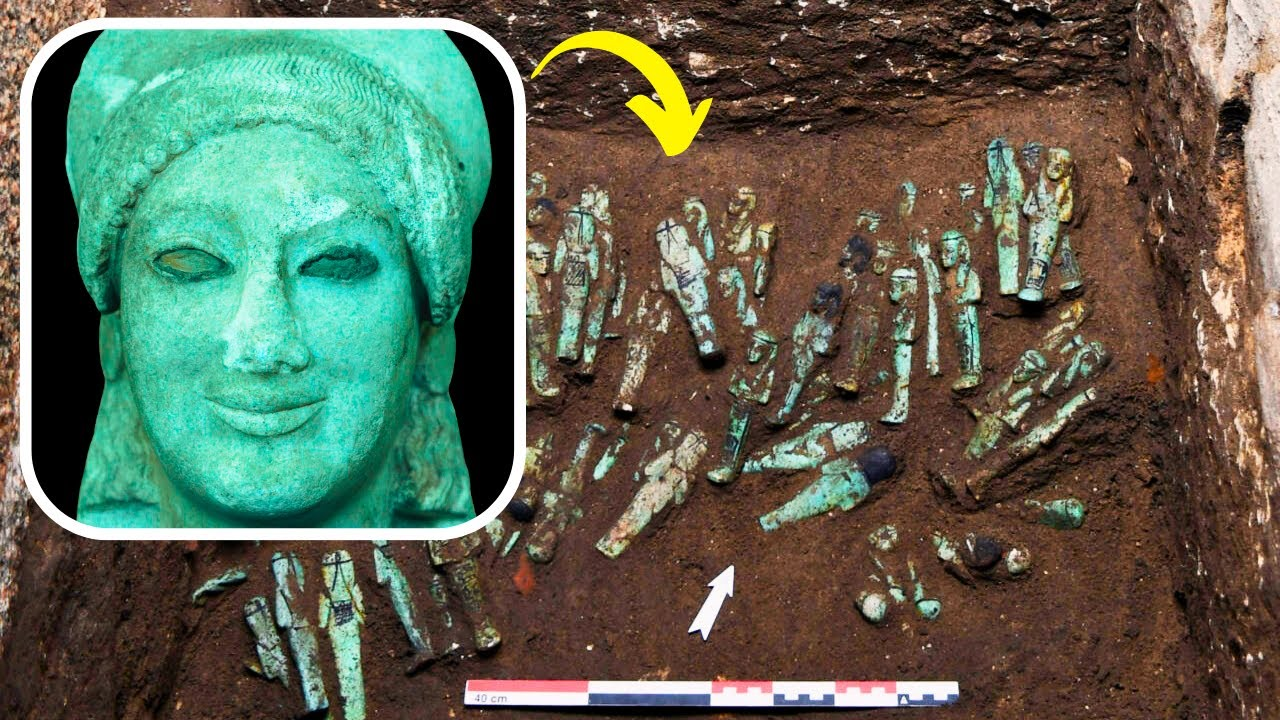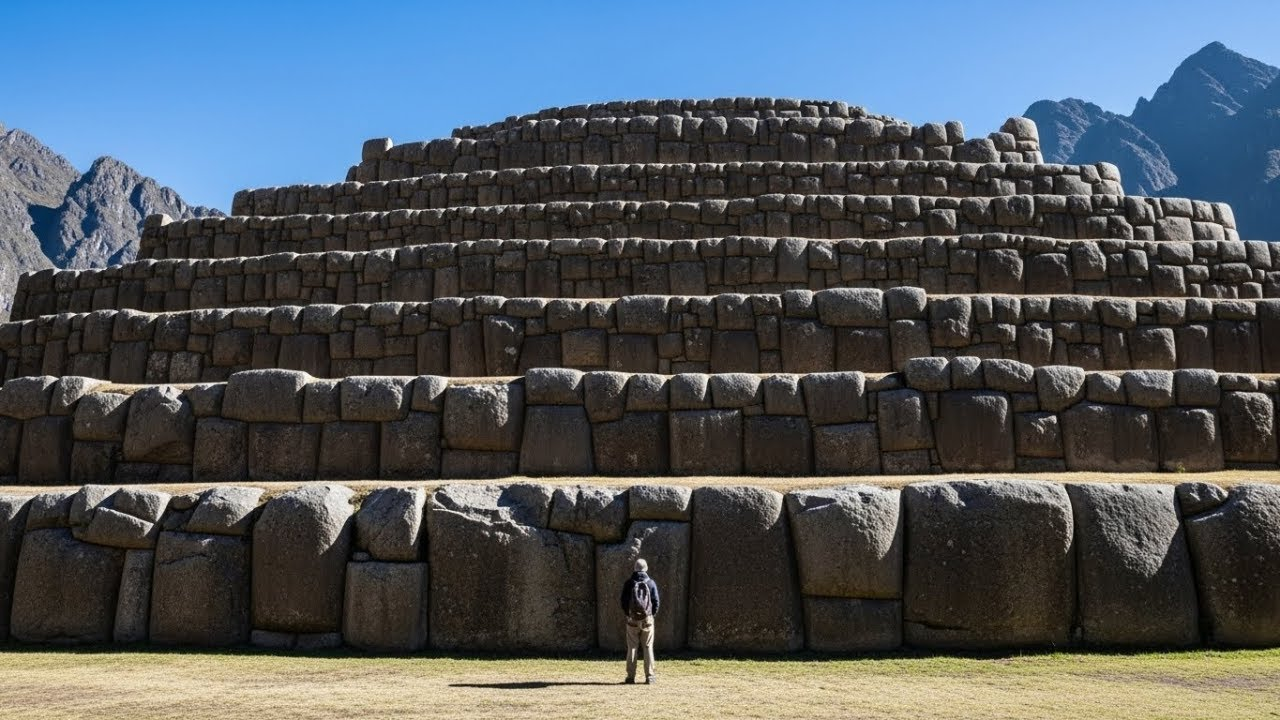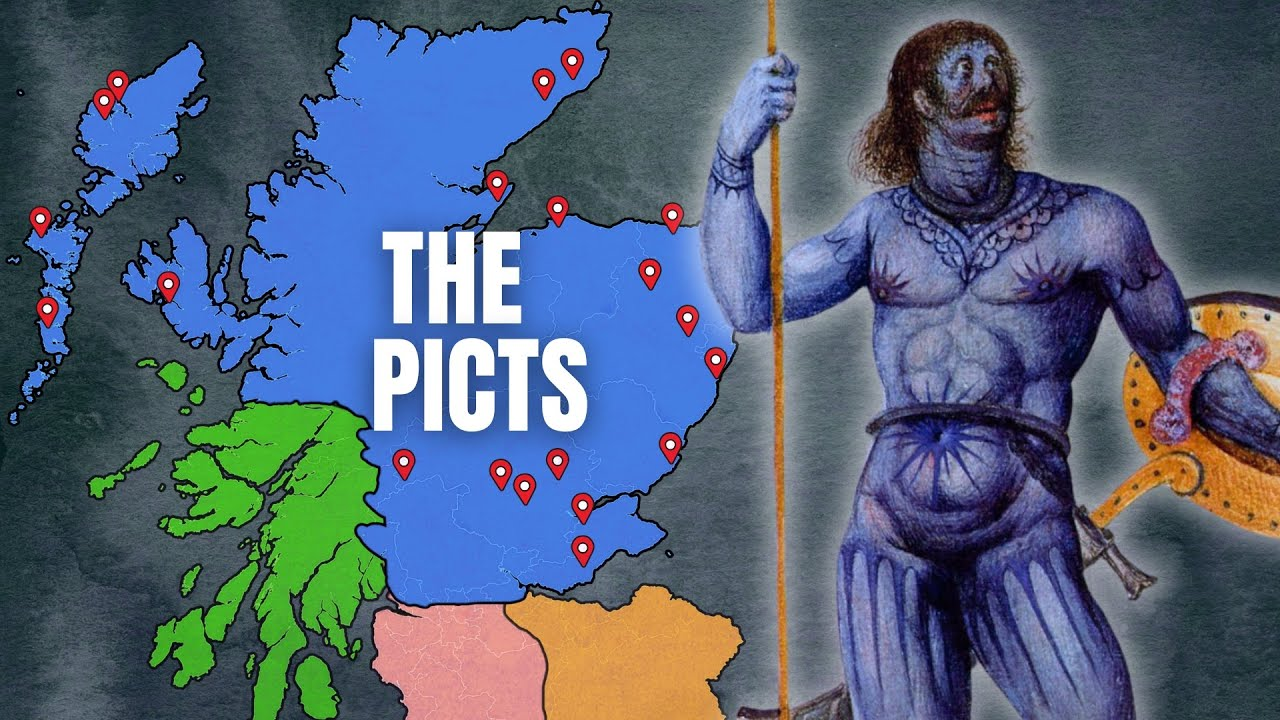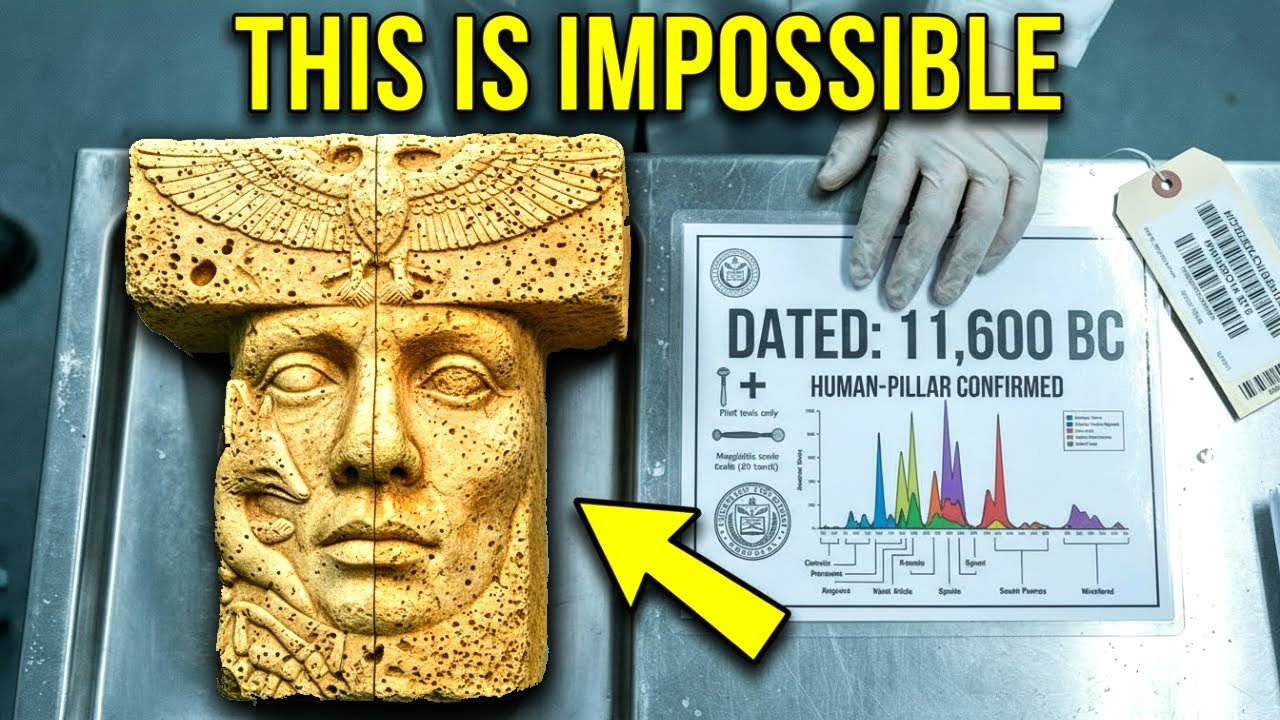The ancient Etruscans, an influential civilization in pre-Roman Italy, had a deeply spiritual culture centered around elaborate religious practices and ceremonies. Their rituals were rooted in a belief in divine will, which they sought to interpret through various means, such as augury (the reading of omens from birds) and haruspicy (examining the entrails of sacrificed animals).
Etruscan temples were sacred spaces where priests, known as haruspices, conducted these divinations. They followed a strict code of religious observance, outlined in a collection of texts known as the Etrusca Disciplina, which guided their interactions with the gods. Offerings, sacrifices, and prayers were common elements of their rituals, often performed to seek favor or avoid divine wrath.
One of the most significant Etruscan ceremonies was the foundation ritual, which influenced Roman practices. This ritual involved marking sacred boundaries, digging foundation trenches, and consecrating the land before constructing a city or temple. The Romans later adopted and adapted these traditions, incorporating them into their own religious framework.
The Etruscans also had a profound impact on Roman religious and political structures. Many Roman religious customs, including the use of augurs and haruspices, were inherited from Etruscan traditions. Even the Roman practice of interpreting lightning as a sign from the gods had its origins in Etruscan beliefs.
The legacy of Etruscan rituals is evident in the foundational aspects of Roman culture, highlighting the deep connection between these two civilizations. Through their religious practices, the Etruscans left a lasting imprint on the spiritual and political landscape of ancient Rome.







